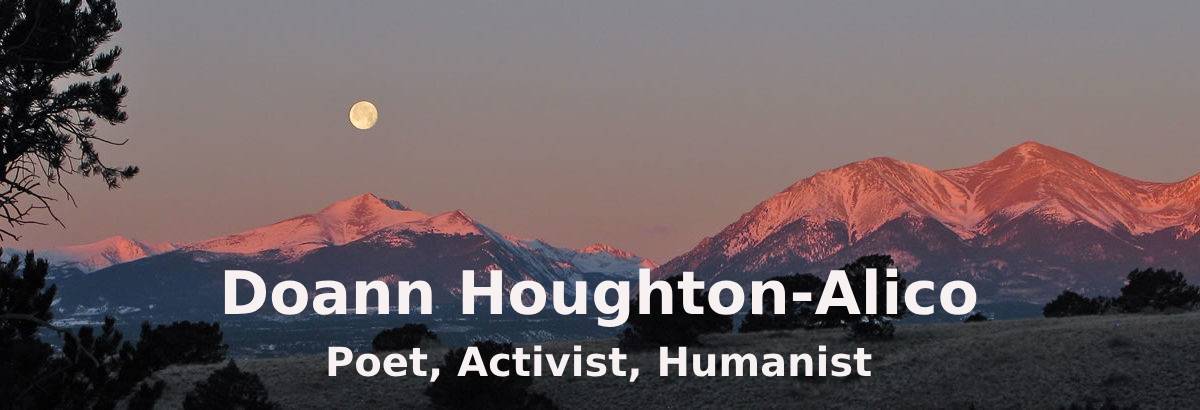These words define forms of governance of sovereign states. What is a sovereign state? A sovereign state has control over a defined geographic area, is independent and free of coercion of any other country/sovereign state, and has its own government. The United States is a sovereign state.
There is much talk today about the United States losing its form of government, a democratic Republic. What makes us a Republic rather than a pure Democracy is simply that we elect representatives to make decisions, enact laws, and conduct the work of government for us, rather than a consensus of all of us. Can you imagine??!! That’s why voting rights for every citizen is so important. No one can register to vote in this country without being a citizen. No new laws will change that, nor has there ever been any fraud that would change an election. In fact, the level of improper voting is exceptionally low. As reported by the nonpartisan, well-respected Brennan Center for Justice in their report: The Truth About Voter Fraud: “[The Center] found that most reported incidents of voter fraud are actually traceable to other sources, such as clerical errors or bad data matching practices. The report reviewed elections that had been meticulously studied for voter fraud, and found incident rates between 0.0003 percent and 0.0025 percent. Given this tiny incident rate for voter impersonation fraud, it is more likely, the report noted, that an American ‘will be struck by lightning than that he will impersonate another voter at the polls.’ https://www.brennancenter.org/sites/default/files/analysis/Briefing_Memo_Debunking_Voter_Fraud_Myth.pdf
Let’s look at the types of governance listed above, starting with the words themselves.
Oligarch is from the Greek oligos meaning few and archo meaning rule. For Aristotle, an oligarchy is where the sovereign power is restricted to a few, differentiated by plutocrats, the wealthy, or aristocrats, the “best” people; although sometimes one and the same. Although Aristocracy is generally applied more to a group than to a form of sovereignty, it was the form of Athenian sovereignty before the introduction of democratic principles by Cleisthenes in 507 BCE. Aristocratic groups are usually somewhat ill-defined, but one knows who is and isn’t included. The United Kingdom’s Monarchy was derived from the aristocracy by hereditary as well as who won which battle. Valor and bravery were always considered characteristics of the aristocracy, although any perfunctory glance through British history will show they’ve not been evenly distributed. Other monarchies have similar patterns.
A Plutocracy, a form of an oligarchy, in which wealth is King. Yes, I intentionally misspoke myself by using the term “King,” a title usually reserved for the sovereign head of a Monarchy. No, a Plutocracy is not a Monarchy, but rather a sovereign state in which the wealthy rule, that is control the government. Our current President, which should be one of the titles of the head of a Democracy, has just called himself a King on his social media venue. “Congestion Pricing is Dead. Manhattan, and all of New York is Saved. Long Live the King!” No, Mr. Trump, we are not a Monarchy, and you are not a King.
Monarchy is from the Greek monarkhia, broken down into monos meaning alone and our old friend archo to rule. Thus a monarchy is sovereign rule by one person alone, the Monarch or King.
Democracy, also from the Greek, in this case, demos meaning people and kratos meaning rule or power. “Power to the People” is a particularly appropriate “battle cry” for a democracy.

Many of our political words are derived from Greek because Greek had been the dominant language and culture in the ancient Western world, but as the Roman Empire expanded, particularly in about 200 BCE to 100 CE, Latin took over. Greek remained, however, particularly among intellectuals, in the eastern regions. In fact, both Latin and Greek were part of a formal education, certainly for the aristocracy, as well as others in the intellectual class from the Middle Ages (about 500 CE to 1500 CE) to the mid-20thcentury. The use and study of Latin, in particular, was closely tied to the Catholic Church. Greek, on the other hand was tied to the Byzantine Empire, aka the Eastern Roman Empire (330 CE to 1453 CE, when it fell to the Ottoman Turks), and the Greek Orthodox Church.
All of these words worked their way to modern times from ancient Greek via Old and Medieval Latin and Old French. French? What does that have to do with the use of these political words today that are definitely from the Greek? French became the diplomatic language of the European world from the 17th to the mid-20th century. It was World War II that brought English to the forefront, along with all those Greek-derived words that are so relevant today. To the right is the Athenian agora, marketplace, where philosphers met and political, ethical, and legal discourse took place.
These are the words, where is the action? The Father of Democracy was Cleisthenes in 507 BCE, who introduced a series of reforms that moved Athenian sovereignty from aristocratic leanings towards democracy. Another reason so many of our political words are derived from Greek is because the ideas did also.

The Democratic foundation on which our Republic stands is quite clearly spelled out in our requisite documents: the Constitution and the Bill of Rights. We have a three-legged stool: Executive, Legislative, Judicial. SEPARATE with checks and balances on each other. But it only works when the members of those branches respect and follow their oaths of office. That entire concept has been lost recently, and we are looking at an attempt at a coup to remake the United States of America into a Plutocracy.
The U.S. Capitol, above. Informally, yes, certainly nothing official, but in terms of the day-to-day functioning of the Executive branch, it is a Plutocracy.
Ask yourselves: Are these people performing in terms of their oaths of office? Perhaps, we all need to re-read the Constitution.
The U.S. President’s oath of office: “I do solemnly swear (or affirm) that I will faithfully execute the Office of President of the United States, and will to the best of my Ability, preserve, protect and defend the Constitution of the United States.”
Senators and Representatives take this oath: “I do solemnly swear (or affirm) that I will support and defend the Constitution of the United States against all enemies, foreign and domestic; that I will bear true faith and allegiance to the same; that I take this obligation freely, without any mental reservation or purpose of evasion; and that I will well and faithfully discharge the duties of the office on which I am about to enter. So help me God.”
Judges take this oath: “I, ______ , do solemnly swear (or affirm) that I will administer justice without respect to persons, and do equal right to the poor and to the rich. I will faithfully and impartially discharge and perform all the duties incumbent upon me as [specific type of judgeship] under the Constitution and laws of the United States. So help me God.”
Our Constitution does not allow for a nonviolent coup, no matter who instigates it, to change our sovereign state from a democratic Republic to a Plutocracy. The response must be: δήμος κράτους, Demos Kratous, Power to the People. But we can start by insisting that those we elected perform their duties per their oaths of office.
